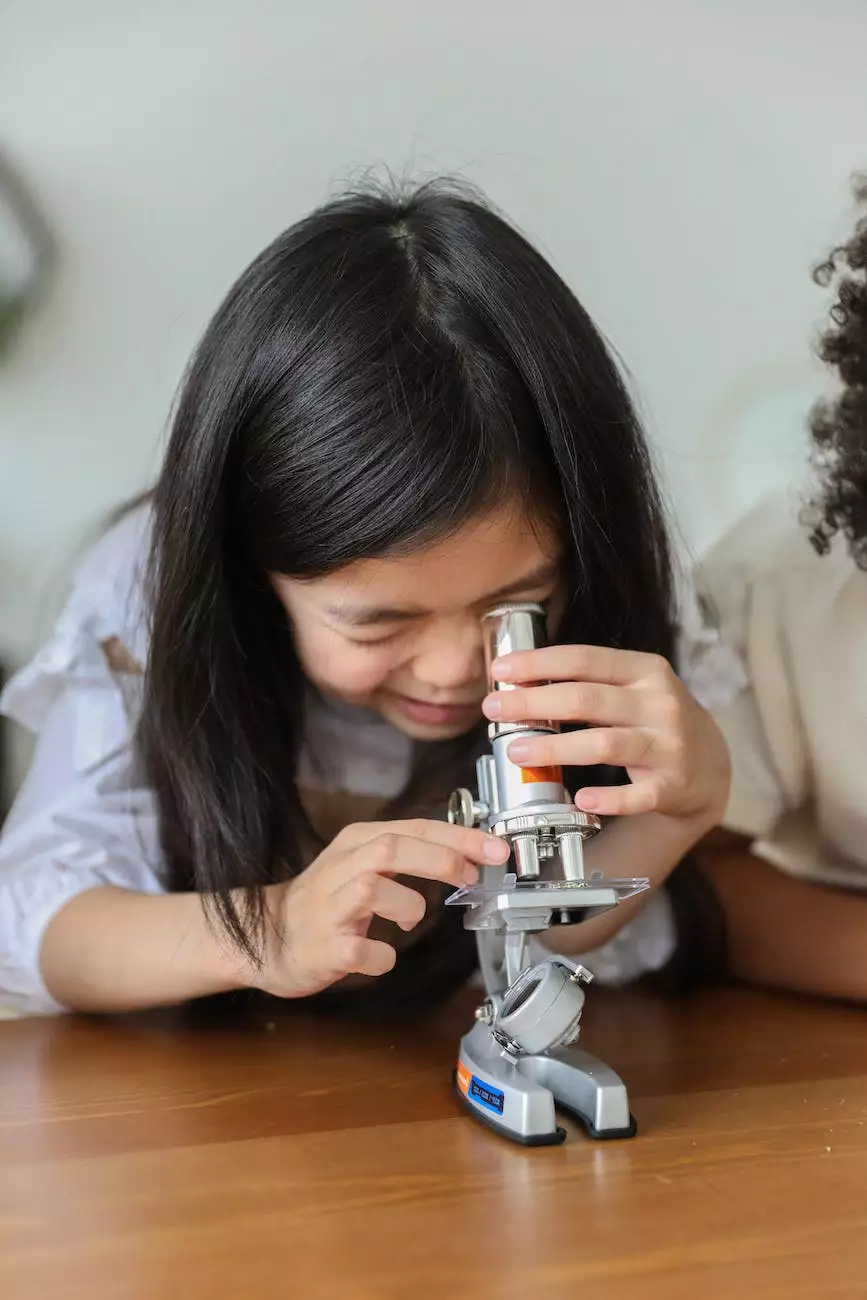New Hair Loss Gene Discovered: APCDD1

A Breakthrough in Hair Loss Research
Smith, Arthur F, MD is proud to share the latest findings in hair loss research. Our team of experts has made a groundbreaking discovery in the form of a new hair loss gene, APCDD1. This gene has opened up new possibilities for understanding the causes and potential treatments of hair loss.
The Significance of APCDD1
APCDD1 (Adenomatosis Polyposis Coli Down-Regulated 1) is a gene that plays a crucial role in hair follicle development and cycling. Recent studies have revealed that variations within the APCDD1 gene may contribute to the onset and progression of hair loss.
Understanding the role of APCDD1 is essential in unraveling the complexities of hair loss. It serves as a potential target for innovative treatments and interventions aimed at combating hair loss conditions such as androgenetic alopecia (male/female pattern baldness) and other forms of non-scarring alopecia.
The Causes of Hair Loss
Before diving deeper into the significance of APCDD1, it is important to understand the various causes of hair loss.
1. Genetics
Genetics play a significant role in determining whether an individual is likely to experience hair loss. The inherited genes can predispose someone to certain types of hair loss conditions, such as androgenetic alopecia.
2. Hormonal Imbalances
Hormonal imbalances, including fluctuations in androgen levels, can contribute to hair loss. Conditions such as polycystic ovary syndrome (PCOS) and thyroid disorders can disrupt the normal hair growth cycle.
3. Medical Conditions
Underlying medical conditions, such as alopecia areata, scalp infections, and autoimmune diseases, can lead to hair loss. These conditions affect the hair follicles, resulting in hair shedding or thinning.
4. Environmental Factors
Exposure to certain environmental factors, including pollution, harsh chemicals, and excessive heat or styling, can damage the hair follicles and contribute to hair loss.
Understanding APCDD1's Role in Hair Loss
With the discovery of APCDD1's involvement in hair loss, researchers are gaining valuable insights into the complex mechanisms behind this condition. APCDD1 gene variations affect the signaling pathways that regulate hair follicle growth and cycling, ultimately leading to hair loss.
By studying the interaction between APCDD1 and other genes involved in hair development, researchers hope to identify targeted therapies that can effectively prevent or treat hair loss conditions. This groundbreaking discovery brings us one step closer to personalized treatments for individuals suffering from hair loss.
Treatments and Interventions
At Smith, Arthur F, MD, we believe in providing our patients with the latest and most effective treatments for hair loss. We offer a range of options tailored to individual needs, including:
1. Medications
Various FDA-approved medications, such as minoxidil and finasteride, can help slow down hair loss and promote regrowth. Our experts can assess your condition and prescribe the most appropriate medication for you.
2. Platelet-Rich Plasma (PRP) Therapy
PRP therapy involves drawing your blood and separating the platelets, which are rich in growth factors. The platelet-rich plasma is then injected into the scalp to stimulate hair growth and improve hair density.
3. Hair Transplantation
In cases where hair loss is advanced, hair transplantation may be the most suitable solution. Our skilled surgeons perform advanced hair transplant procedures, ensuring natural-looking results.
4. Laser Therapy
Low-level laser therapy (LLLT) can help stimulate hair follicles, promoting hair growth and reducing hair loss. We offer state-of-the-art laser therapy options to address your specific needs.
Conclusion
The discovery of the APCDD1 gene in hair loss research marks a significant breakthrough in the field. Smith, Arthur F, MD remains at the forefront of hair loss treatments and innovations. Our team of experts is committed to providing comprehensive care and personalized solutions to help individuals regain their confidence and restore their natural hair growth.
Contact Smith, Arthur F, MD today to schedule a consultation and learn more about our cutting-edge treatment options for hair loss.










